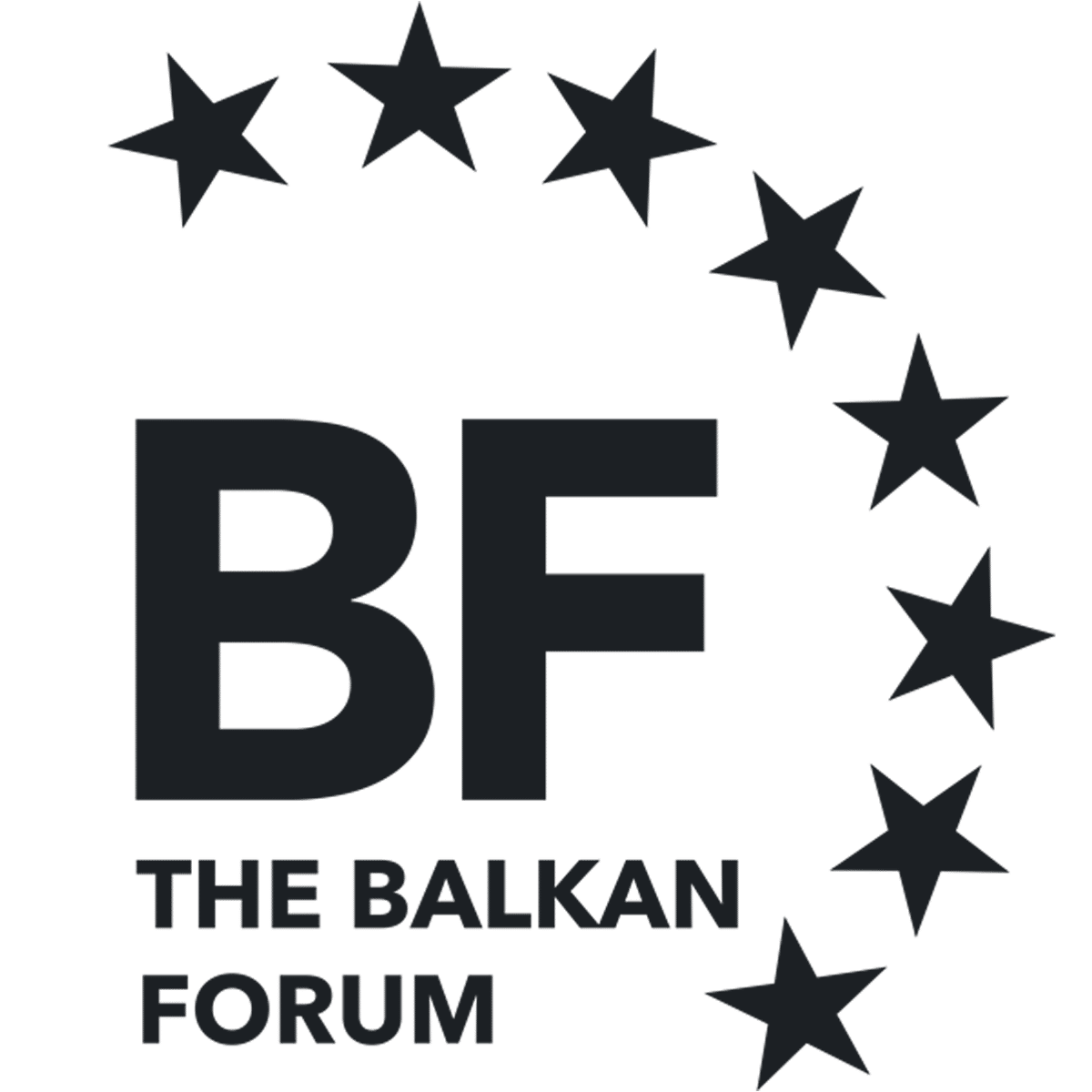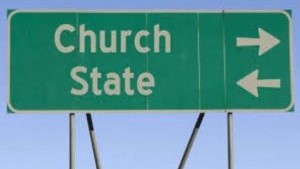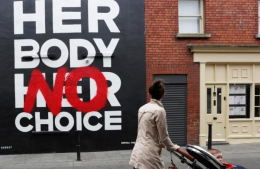Kosovo is a unitary state with a parliamentary democracy. Kosovo is a unique case which has three religious denominations and constitutionally is a secular state and neutral in the issue of religion. At the same time, it is very rich in monuments of great historical and cultural value which are protected by law.
The relationship between the state and religion in Kosovo should be seen from the perspective of three main factors:
- International standards and principles are incorporated in the Constitution and legislation of Kosovo. The Constitution of the Republic of Kosovo, as the highest legal-political act, treats religion through the freedom of belief, conscience and religion, which is guaranteed
- The zealous cultivation and preservation of the religious coexistence and tolerance, is an inherited asset from the beginning and this has given important inputs thanks to the National Renaissance and religious leaders, which has been preserved to this day. Tolerance and coexistence are associated with sublime values such as: respect for individual freedoms, tradition and a higher national consciousness in relation to religion.
- The current dimension of the religious picture, which is directly related to the relationship between the state of Kosovo and religious communities in Kosovo. The legislation in force specifies a division between the religious and the public sphere, but all religious communities are equal before the law. Educational institutions prohibit the provision of religious education or other activities that support a specific religion in schools. However, religious communities have the right to have their own schools or colleges within their religious denominations. Municipalities can also help religious communities through donations for the renovation of religious and cultural heritage monuments, such as hamams, tekkes, tombs, mosques, churches and synagogues.
The main characteristics of the relationship between the state in Kosovo and religion are as follows:
- Kosovo is a secular state under the Constitution and neutral in matters of faith (strong secular neutrality);
- The state regulates the issue of religious freedoms within the framework of the Constitution and laws;
- In order to regulate state-religion relations, the government has amended the draft law on religious freedom (which is in process), where all religious communities, regardless of the number and other specifics, are treated equally;
- Official religious organizations have their statutes in accordance with the legislation in Kosovo (excluding the Serbian Orthodox Church);
- The typology of official religious organizations is mainly types of official religious organizations which have their own statutes and denominations;
- Religious faiths practice their rituals and prayers freely, and the state does not interfere in the internal affairs of religious communities;
- The state recognizes religious holidays and religious communities enjoy holidays for these holidays, while congratulations and visits from state institutions are not lacking;
- Religious educational institutions are subject to local legislation on accreditation issues, and the curricula are usually combined subjects from the religious and scientific / secular spheres;
- Religion is a private sphere which is manifested publicly, but not in school institutions.
- The government of Kosovo is committed to further strengthening inter-religious relations in Kosovo and state-religion relations on the point of view of secularism.
Ferdi Kamberi
for VICINITY CHRONICLES












